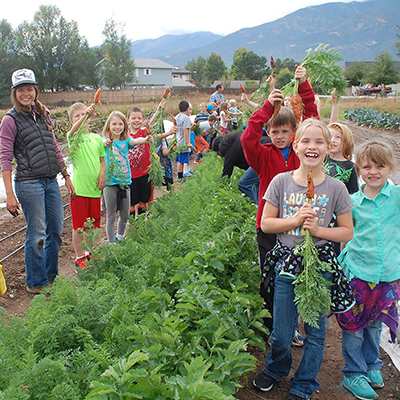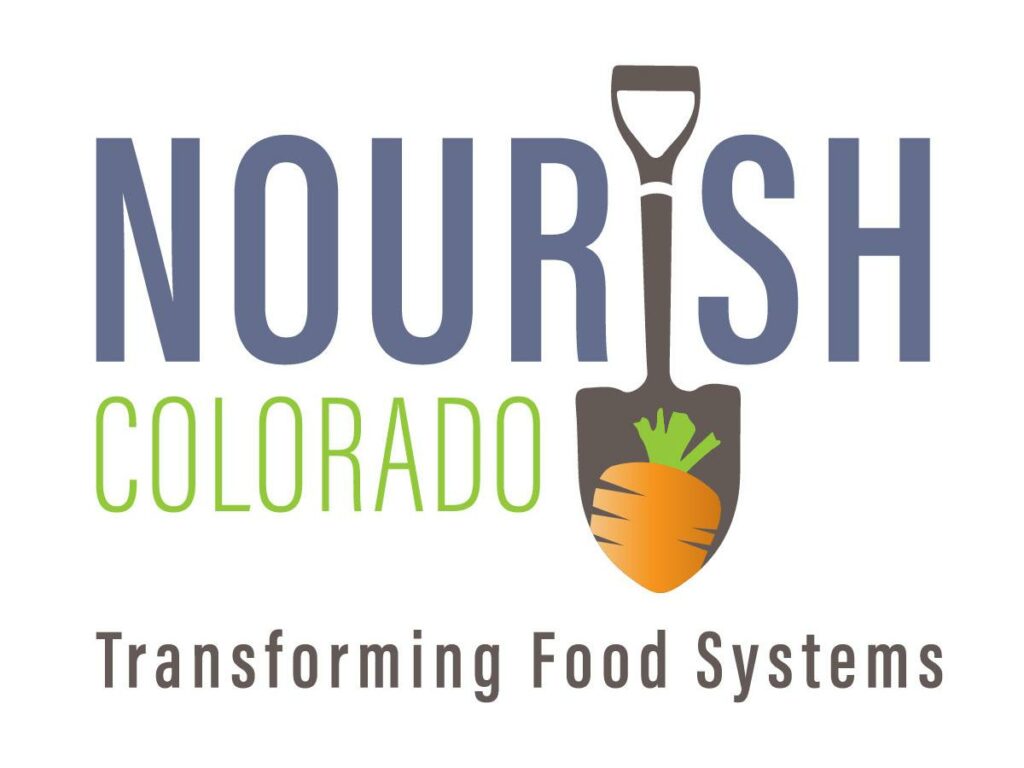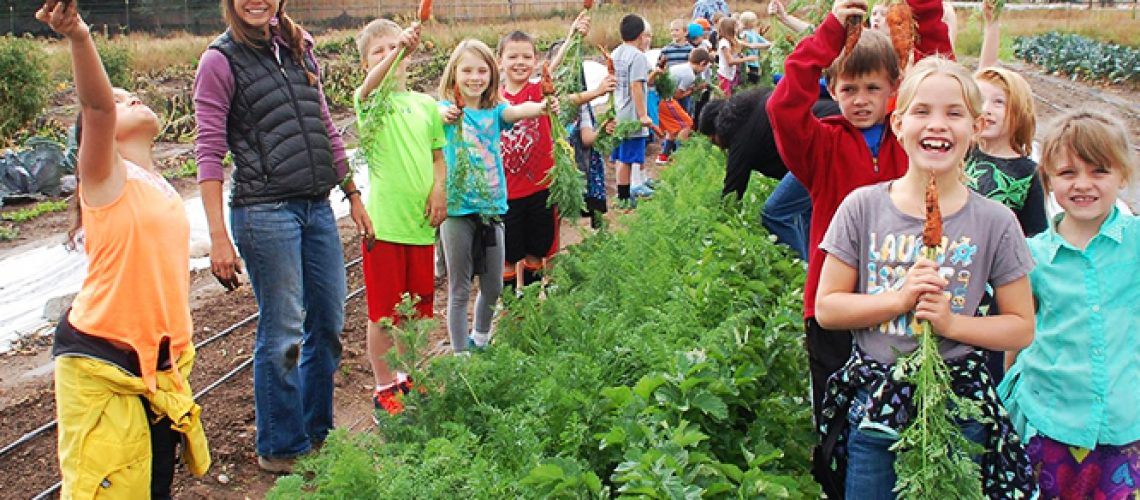 The Trillion Dollar Bill You’ve Never Heard About: Why the Farm Bill Matters to You
The Trillion Dollar Bill You’ve Never Heard About: Why the Farm Bill Matters to You
Editor’s Note: This is part of an ongoing series on the Farm Bill and related federal agricultural and food access policy. To stay up to date and make your voice heard in Washington, sign up for our action alerts.
The Farm Bill is one of the most expansive- and expensive -pieces of legislation Congress regularly addresses. Over the course of a decade, the Farm Bill funnels roughly $1 trillion into the various programs contained within the bill. Millions of Americans are impacted by changes or reductions in funding for these programs. Yet, despite the scope and impact of the Farm Bill, very few Americans understand the bill, its importance in the US food system, or the impact it has on individuals and communities.
About the Farm Bill
As its name might suggest, the Farm Bill is the United States’ primary agricultural and food policy tool containing provisions for virtually every program administered by the US Department of Agriculture. However, the Farm Bill isn’t just for farmers – it impacts all of us through a broad spectrum of issues including, but not limited to:
- Food assistance programs in the U.S., including the entire Supplemental Nutrition Assistance Program (known as SNAP or food stamps)
- Rural economic and community development
- Energy policy
- Conservation programs
- Crop insurance
- Loans to farmers and ranchers
- Forestry
- Agricultural exports and international food aid
- Agricultural research.
Modern Farm Bills date from New Deal era and the Great Depression. Huge food surpluses, followed by falling food prices, harmed farmers and rural communities developed around agriculture. The first Farm Bill, passed in 1933, essentially paid farmers to keep some of their land out of production and allowed the government to purchase excess crops. The reduction in supply led to an increase in prices and farm incomes began rising.
Since then, Congress has passed a new Farm Bill roughly every five years. The most recent Farm Bill, the Agricultural Act of 2014, expires in September 2018.
Why You Should Care
The Farm Bill’s programs have an indirect impact on helping keep food costs down through, in part, providing farmers with insurance from natural disasters, supporting next generation farmers, building local and regional food systems, and helping rural economies thrive. Most importantly for LiveWell, the Farm Bill has a huge impact on assisting all communities, especially low income communities, in having access to and eating healthy food.
SNAP is the Nation’s Largest Nutrition Assistance Program
Though SNAP is not the only nutrition assistance program in the US, it is by far the largest and it helps some of the most vulnerable people in the country. In Colorado, as of March 2017, a total of 221,700 households in Colorado comprised of 457,848 individuals were registered to receive SNAP benefits, or roughly eight percent of the state’s population. Additionally, approximately 74 percent of SNAP recipients who received benefits in FY17 were families with children and roughly 25 percent of recipients had elderly or disabled family members. The average benefit for a SNAP recipient is just around $4 a day. Reductions in these benefits hurt these families and severely limit their ability to put food on their tables, as well as jeopardizing SNAP’s capacity to increase the number of participants in times of economic distress.
SNAP Recipients Benefit from Food Insecurity Nutrition Incentive (FINI) Grants
The average SNAP benefit in Colorado is roughly $4 a day. On a tight budget, it can be difficult for families to put any food on the table, let alone fresh produce. The FINI grant program funds many innovative projects, including the Double Up Food Bucks Colorado (DUFB) program, that doubles SNAP recipients’ benefits when they purchase locally grown fruits and vegetables at participating markets and retailers. More than 80 percent of DUFB customers indicated in survey data that their families purchased and consumed more fruits and vegetables because of the FINI-funded Double Up Food Bucks program.
How you can get involved
LiveWell will be organizing around and advocating for specific aspects of the 2018 Farm Bill. To learn more and get involved, sign up for our action alerts, follow LiveWell Colorado on Facebook and Twitter for policy updates, and be ready to contact your elected officials when debate on the Farm Bill begins in 2018.

